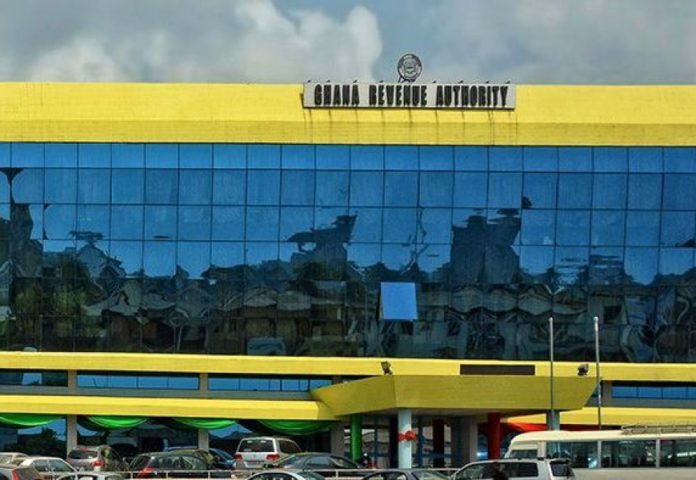
The Customs Division of the Ghana Revenue Authority (GRA) has unveiled a comprehensive plan to reduce the time it takes to clear goods at Ghana’s ports and land borders.
The action plan follows the findings of a study conducted to improve customs processes, identify bottlenecks and support import-export promotion.
The study, Time Release Study (TRS), Ghana’s first-ever study, assessed customs clearance processes and the actual time taken from the arrival of cargo to its release to its owners at four major locations.
It was conducted with support from the United States Agency for International Development (USAID), Feed the Future Ghana Trade and Investment Activity to establish baseline data for trade facilitation performance, analyse key entry points namely the Tema Port, the Kotoka International Airport, the Aflao and Paga customs border posts.
It focused on processes relating to three regimes namely export, import and transit with corresponding clearance points including pre-arrival and post-arrival declarations examined.
Findings
The study aligns with the World Customs Organisation’s Article 7.6 Trade Facilitation Agreement Guideline which encourages member countries to periodically conduct such studies and publish the findings.
The study found delays in customs processes, laborious human interventions and some logistic issues as the causes for the long clearance of goods at the four main entry and exit points examined.
For instance, at the Tema Port, after monitoring 713 transactions, it was found that on the average, it took 10 days 21 hours and 17 minutes for a discharged cargo to exit the port when the target was 17 hours.
To address these, the study recommended the implementation of measures such as harmonising working hours at all clearance points, reducing human interventions, building capacity of officers, increasing the numerical strength of verification officers and fostering collaboration among all stakeholders.
The recommendations are set to be implemented by December 2024.
GRA’s commitment
The Commissioner of the Customs Division of the GRA, Alhaji Seidu Iddrisu Iddisah, who represented the GRA at a ceremony to release the report, emphasised the significance of seamless global trade in fostering economic growth.

The TRS, he said, would enhance and reduce transaction costs, foster both domestic and international investments and boost the country’s international competitiveness.
Alhaji Iddisah said he was optimistic about the GRA’s commitment to leverage the insights from the study and implement the strategic recommendations to improve efficiency and effectiveness and also contribute significantly to Ghana’s economic development.
Strategic initiative
The Minister of Finance, Dr Mohammed Amin Adam, represented by the Head of the Tax Policy Unit at the ministry, Daniel Nuer, highlighted the importance of optimising trade processes and reducing barriers to cross-border trade.
He emphasised the connection among trade facilitation, revenue generation and economic growth. Dr Amin underscored the commitment to encourage free trade among regional countries, reduce cross-border trade barriers and enhance the efficiency of trade processes.
The study, he said, must not be seen merely as a checkbox exercise but as a strategic initiative that provided valuable insights into the efficiency and effectiveness of customs procedures, government agencies and private sector operations at the ports.
Reducing clearance time, the Finance Minister added, contributed to revenue generation, increased trade volumes, improved compliance, enhanced economic growth and heightened attractiveness for investments due to faster clearance of goods and ultimately reducing costs for traders.
Support
The Economic Growth Director of USAID, Andrew Read, commended Ghana’s efforts in trade facilitation and cross-border efficiency. He also acknowledged the pivotal role played by the GRA Customs Division to enhance transparency and predictability within export-import clearance systems.
Mr Read emphasised the significance of efficient trading systems for West Africa’s economic integration and positioned Ghana as an ideal model for streamlining customs processes.
Forging partnerships
The WCO Technical Expert, Phuntsho Dorji, in a video telecast, acknowledged the disruptions and vulnerabilities in the international supply chain and stressed the need for customs administrations to embrace innovative approaches to maintain their role in global trade and security.
ALSO READ:






